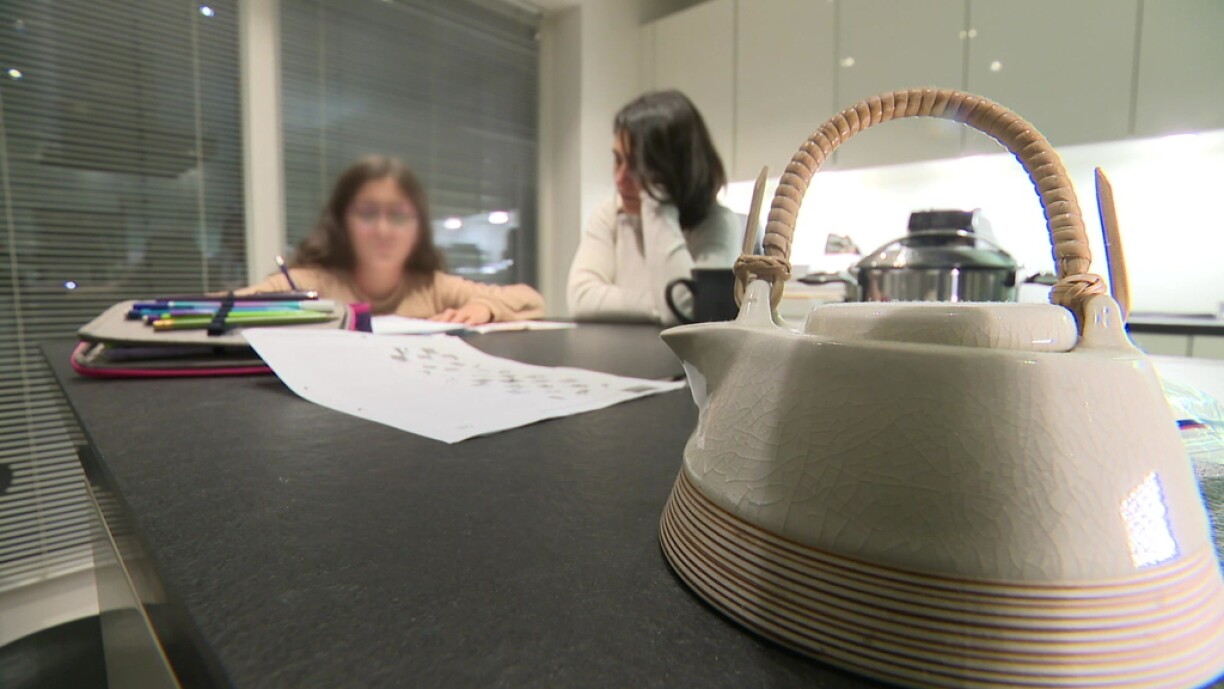
For many families, homework is no longer a simple routine; it has become a source of stress, pressure, and frustration. Some parents are questioning whether the current workload is still appropriate.
In Cycle 3, homework has turned into a major burden for children, says a mother who wished to remain anonymous, referred to here as Lea Müller. She explains:
“We came home around 6pm, tired, and then spent another two hours on homework. There is pressure because we want the kids to have completed their work and not have to finish it at school. If the homework wasn’t done, he received extra tasks as a penalty.”
A Facebook group founded in November by Aurore Rössler highlights similar struggles. Her daughter, also in Cycle 3, regularly spent one to two hours at her desk after school, leading to health problems such as stomach aches and headaches, which doctors eventually linked to overload rather than any organic cause.
Since its creation, the group has received numerous testimonies from parents. Rössler emphasises that she is not against homework in principle, but she believes the volume is excessive and poorly adapted to modern family life, where parents often work full-time or may lack sufficient language skills to help. She also notes that some school programs appear to shift too much responsibility onto parents, undermining inclusion and leaving unfinished material at home.
The national parent representation has also criticised the homework workload in primary school. President Alain Massen warns that homework can exacerbate social inequalities: children with support at home benefit, while others fall behind. However, some parents want their children challenged and fear that reducing homework could lower standards, leaving stronger students under-challenged.
Massen calls for an assessment of homework’s value for young children:
“It’s about adapting the workload. If it proves useful, assigning some tasks is fine. But if the added value is low and 70% of children only experience pressure and stress, then homework has no place, and alternative methods must be found.”
He also notes that the homework volume varies greatly by teacher and that clear guidelines on recommended time per class would help. The Ministry currently provides guidance – for example, two hours per week in the third school year – but these recommendations date back to 2005 and have not been updated in line with recent reforms.
For Lea Müller’s son, the solution was moving him to a socio-therapeutic centre, where homework plays a smaller role, reducing stress. Both mothers agree that parents need more input and better access to support networks.